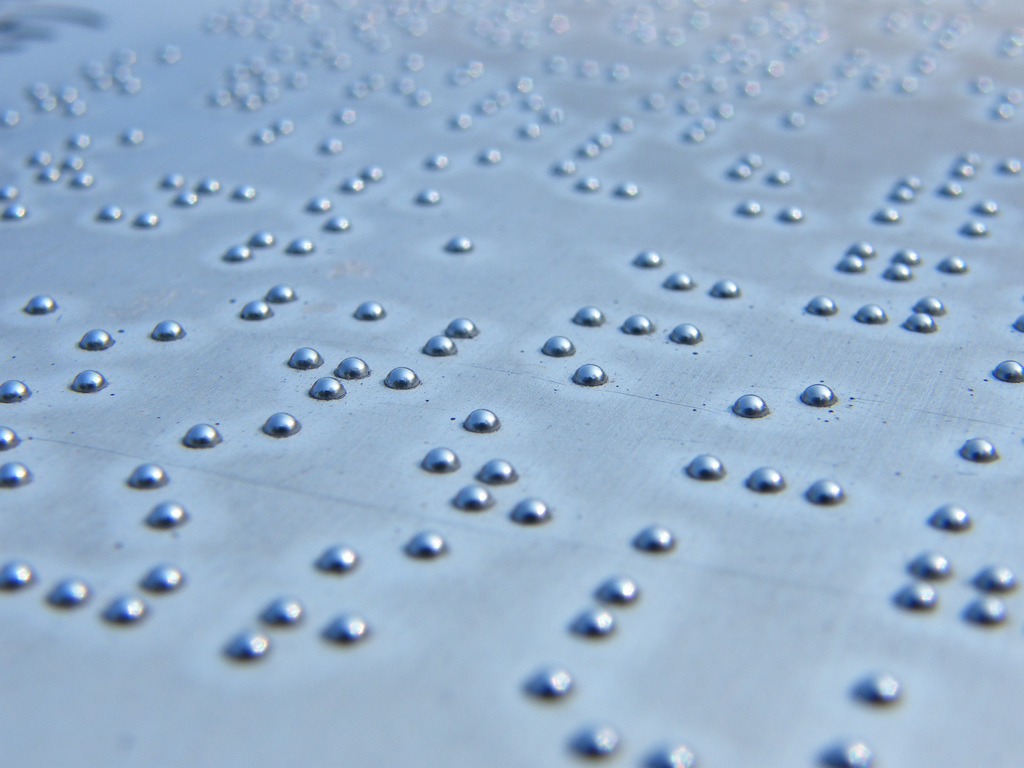The National Disability Insurance Scheme (NDIS) will throw open the market for supplying services and equipment to people with disabilities and could signal an influx of private companies into the sector, says a key disability advocacy body.
NSW Disability Chair Cain Beckett told Government News that the NDIS, which has just released a progress report a year after the roll out began, would blow open the market as the government shifts from block-funding disability service and equipment providers to an individual fee-for-service arrangement.
Under the scheme, people with disabilities design their own care plans to determine the type, level and frequency of support they need, including who will provide this support. In this scenario the money follows the individual, unlike the earlier funding model where block funding went to an organisation and they provided services for free.
Mr Beckett – who also sits on the Cerebral Palsy Alliance, one of NSW larger disability support providers – estimated there were around 600 providers in NSW alone and said the move would mean cost-efficient organisations providing good quality services would flourish but those who had been under or over pricing or delivering poor services may go under.
He said that previously the private sector had been dwarfed by non-government organisations (NGOs) in meeting the needs of people with disabilities.
“It doesn’t have to be not-for-profit any more. Now you have to set a price on your services and it has to be attractive and deliver value for money to your customer,” Mr Beckett said.
He described “annual funding rationing” under the old arrangements where NGOs received block funding and decided how to allocate it. Mr Beckett said this funding model generally targeted people in crisis rather than promoting early intervention, which was much cheaper.
“It’s now more competitive and much more of a market. I’m sure there will be growth of private sector providers in the long run and if there’s not we probably haven’t got it right. Now there’s an incentive from a commercial perspective,” he said.
But he anticipated the strong NGOs would survive and get stronger and small, niche customised service and equipment providers would also do well.
“If you’re a well-run NGO then the shackles are off: you can deliver as many services as you want to provide. You had waiting lists – now you can go for it. Before it was all about how good you were at lobbying the government.”
Meanwhile, disability support providers are grappling with calculating unit costs and setting prices for what they do – which block funding didn’t previously demand – along with additional reporting requirements under the NDIS.
The report on the NDIS one year after its roll out, Building the National Disability Insurance Scheme, revealed providers’ concerns about managing the funding transition and the effect it might have on their financial viability.
The report said: “The transition to a competitive market means that the disability support sector will face major structural changes. These include increased funding and demand, changes in the design of supports, and the challenge of responding to consumer choice and new governance arrangements.”
A National Disability Insurance Agency (NDIA) spokesperson said a recent joint working group, involving NDIA and National Disability Services, had come up with several proposals to help providers.
Suggestions included helping providers understand their activity costs, cash flow and capital requirements; exploring sector back office IT solutions; possible incentives to encourage investment in technology and trialling different models of partnership, for example, a shared back office.
The spokesperson said that all state and territory governments were also pushing ahead with initiatives to help providers cope with the changes.
Providers must apply and register through a new NDIA portal to be eligible to provide services under the individualised plans.
The NDIS was introduced with cross-party support following a 2011 report from the Productivity Commission, Disability Care and Support, which recommended the existing grant system be scrapped because it was unsustainable.
It’s expected that by the time it is fully rolled out in 2018-19, the NDIS will help more than 460,000 Australians. Mr Beckett said a Price Waterhouse Cooper report showed the new scheme would save between $9 billion and $30 billion a year by 2035.
Comment below to have your say on this story.
If you have a news story or tip-off, get in touch at editorial@governmentnews.com.au.
Sign up to the Government News newsletter



This NDIS proposal is not workable.
There needs to be individual funding AND block funding to keep the valuable human capital with decades of learning & understanding PWD with ID & other disabilities operating.
The good NFP’s NGO’s cannot cope just on individualised funding coming in.
PWD & their long suffering parents/carers/siblings require GOOD programs in good NGO’s NFP’s to rely on.
What is the good of a funding package if one has no suitable activity centre to use the funds?
Packages are far too small to cope with the increased costs the NFP’s have to add on into their hourly rates to cover the costs of their entire organisation.
Does anyone realise no-one will be able to even talk with a employee of NFP without paying for the conversation under NDIS?
Will NDIS packages pay for many conversations with different providers? Of course not.
In NSW to make matters worse the State gov has used the NDIS as a device to privatise all disability services cutting out ADHC..the department. All ADHC resources & services & human capital will be gone.
The entire scenario is a catastrophe in the waiting.
It is privatisation gone mad in the mistaken or in my cynical view to gut the entire industry & not service PWD & their families…too costly…but we families can’t afford it, we have shouldered the care mostly ourselves to the detriment of our lives..i.e. not having a normal life.
Privatisation is not the vehicle for the NDIS.
Radically changing operations at such a crucial time when elderly parents – those who first took home their babies with disabilities, like PWD with down syndrome etc in the first wave to do so are EXHAUSTED – we need services now & a stable disability sector, not one stifled by cost cutting in the extreme.
We have produced generally a more stable outcome in our PWD…such stability will be destroyed if all are placed in together with those with challenging behaviours & disorders which make them aggressive etc.
Care needs to be taken to service like with like..otherwise all the good done by parents will be lost. I do not mean that only parents can turn out stable PWD but it generally is found that development is superior as is behaviour in an enriched family environment (at the expense of the parent’s life)…BUT it must be remembered some conditions in PWD will
manifest difficult & challenging behaviours no matter the care setting or family care.
I believe all the surveys taken showed the extreme need of people like us approaching old age with middle aged PWD remaining at home prompted the governments & bureaucrats to react into a cost cutting mechanism at OUR expense.
All this talk about early intervention now being paid…but not crisis support(as in the article above)…that is us again going without in our greatest need.
We paid for our own child’s intervention in our own blood, not funded & now we oldies & with our middle aged PWD are deemed not worthy of the funding/crisis…really!!.
Where is the fairness?
Grow some decency, properly fund the NDIS properly fund the individuals long suffering into their 4th, 5th & 6th decade of care & enable that by supporting the NFP’s by continued block funding alongside individual funding.
If you are genuine you know this method is the only way to proceed.